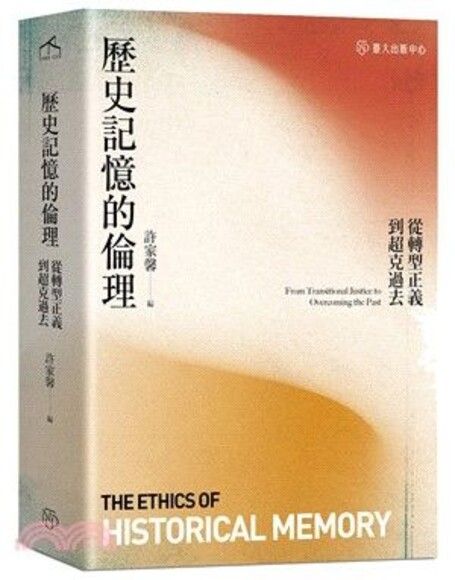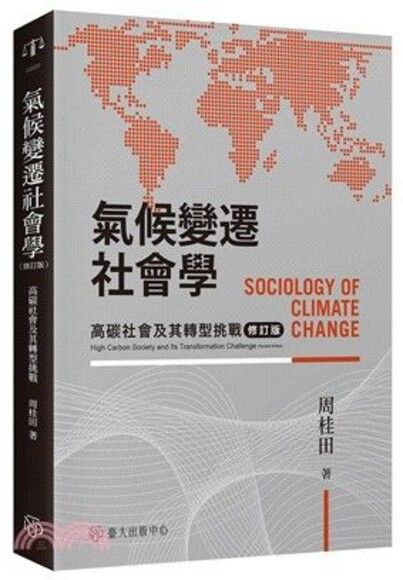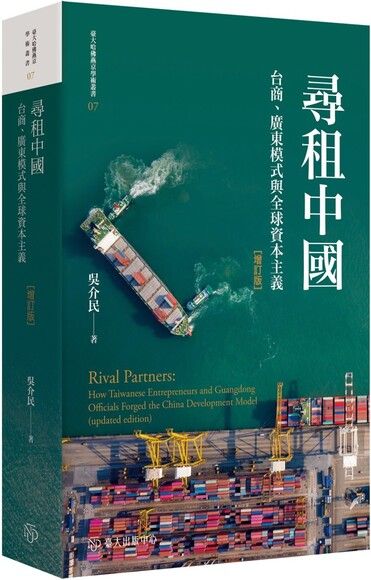從聖教到道教
本書從「節俗信仰」的角度觀察馬來西亞華人社會的宗教現象,並將之與臺灣、港澳對照比較,提出以下幾個主要論點:首先,多種族、多宗教的文化處境,使馬國的華人宗教受到友教「教節一體」的激發,不論佛、道信仰,參與節俗的比例均甚高,從而形成「敎、節一體化」的共同趨向;其次,在馬六甲、吉隆坡義山搬遷事件與檳城的宗祠祭祖,均強調其「聖教」屬性及神聖性用途。再者,對照同屬「理念移植」的代巡與九皇、仙師爺與唐番土地,後者能普及化的原因就在其節俗性質,較諸神廟便於跨越地緣與血緣關係,故建國後才方便凝聚華人,發展為九皇節、福德文化節。最後,華人善於利用「聯合的藝術」組織宗教團體。小則以慶讚中元的名義聯合街區、神廟力量,目標即捐助華教;大如道教總會,以「道教」名義聯合神廟,促使國民登記局改正宗教欄,並增加「道教」選項。凡此種種,都彰顯馬華宗教從「聖教」到「道教」的衍變,本書即透過節俗信仰論證華族亟需歸屬感,對內凝聚,對外則便於識別。
This book discusses the religious phenomena among the Chinese population of Malaysia. It has four main purposes. First, the research compares the Chinese people in Malaysia with those in Taiwan, Hong Kong and Macau and shows how a “religion-festival integration”
(jiao jie yiti) developed in the multi-ethic religious and cultural environment in Malaysia; this is demonstrated by the high participation of Buddhist and Taoist adherents in the festivals. Second, the above perspective enables us to understand how ancestor-related practices, such as the relocation incident in Malacca and Yishan in Kuala Lumpur and the ancestral worship in Pulau Pinang, came to be defined by the local people as a “sacred religion”; the “sacredness” of these practices is particularly emphasized. Third, the author aims to develop the concept of “idea transplanting”
(linian yizhi), by which the celestial inspection of the gods on earth (dai xun), the Nine Emperors
(Jiuhuang), the Immortal Masters (Xian shi ye) and the “tang fan” land are transplanted to Malaysia. The popularity of these gods and practices among Malaysian Chinese comes from their trans-local qualities. After Malaysia became a nation-state, they served to solidify the Chinese in Malaysia, leading to the subsequent development of “the Festival of the Nine Emperors” and “the Festival of Fude Culture”. The book finally argues that Malaysian Chinese are good at applying “the art of unification” to organize religious associations. On a small scale, they united neighborhoods and temples to support Chinese religion. More generally, they set up the General Daoist Association. In the name of Daoism, local temples were united and adherents demanded that the state add the new religious category of Daoism in their citizenship registration. “Sacred Religion” has thus been transformed into “Daosim,” uniting the Chinese into a distinct ethnic category in Malaysia. This argument is a novel and major contribution to Southeast-Asian studies.
●本書獲得2019 ICAS11圖書獎最佳中文書籍獎項
●閱讀本書書評於《漢學研究》第37卷3期







